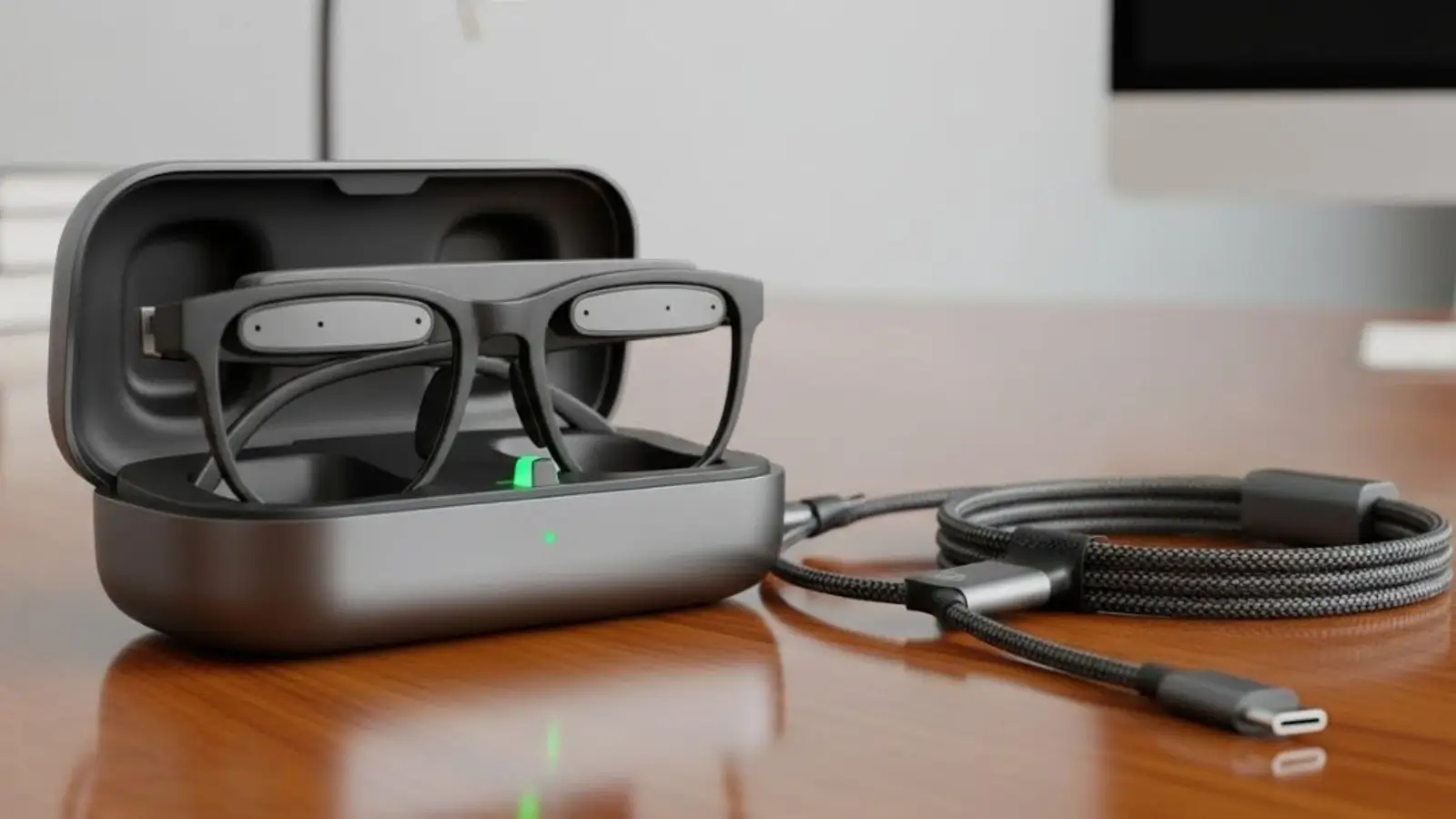AFT Is Gone Why MacDroid Is the Smarter Alternative ?
For years, Android File Transfer (AFT) was the only free option for Mac users who wanted to copy files between Android phones and macOS. But as time passed, the tool became unreliable, outdated, and eventually unsupported. Today, many users still search for old builds, only to face frustration.
Enter MacDroid a modern, powerful, and actively supported solution that doesn’t just replace AFT but enhances the entire experience. Let’s explore why.
Availability and Support
-
AFT: No longer updated, often incompatible with newer versions of macOS, and abandoned by Google.android file transfer mac Users who try to install it today rely on outdated builds, which may not work at all.
-
MacDroid: Fully supported, regularly updated, and optimized for both Intel and Apple Silicon Macs. It’s a tool that evolves with current technology.
Connection Methods
-
AFT: Limited to USB transfers only. If your cable wasn’t working or you wanted a wireless option, you were out of luck.
-
MacDroid: Offers both USB and Wi-Fi transfers. This flexibility means you can quickly move large files with a cable or enjoy the convenience of wireless transfers from anywhere in your home.
Reliability and Performance
-
AFT: Known for random crashes, failed connections, and painfully slow speeds with larger files. Many users spent more time troubleshooting than transferring.
-
MacDroid: Stable and efficient. Large video files, music libraries, or documents transfer quickly and consistently, without the frustration of repeated errors.
File Access
-
AFT: Provided limited visibility into Android storage. Often, users couldn’t access certain folders or transfer complete sets of files.
-
MacDroid: Grants full access to your device’s storage. Whether it’s photos, videos, music, or system folders, MacDroid makes it all accessible in Finder.
User Experience
-
AFT: Outdated and clunky. The interface offered no integration with macOS, and the workflow felt slow and awkward.
-
MacDroid: Seamlessly integrates into Finder, making file transfers feel as natural as moving files between two folders on your Mac. The design is intuitive and user-friendly.
Security and Safety
-
AFT: Old builds can still be found online, but downloading them is risky. Unsupported software can introduce malware or simply fail to run on modern systems.
-
MacDroid: Secure, actively supported, and safe to install from the official website. Users get peace of mind knowing their files and devices are protected.
Why MacDroid Wins
AFT had its time, but that time has passed. Its lack of updates, poor reliability, and limited functionality make it unsuitable for today’s Mac users. MacDroid, by contrast, delivers everything AFT couldn’t:
-
Full compatibility with modern macOS
-
USB and Wi-Fi flexibility
-
Smooth, reliable performance
-
Complete file access
-
Ongoing support and updates
Conclusion: A Future-Proof Choice
If you’re still searching for old AFT installers, it’s time to stop. The risks and frustrations outweigh any benefit. Instead, MacDroid offers a modern, safe, and feature-rich solution that makes Android-to-Mac file transfers effortless.
Where AFT left users stuck with errors, MacDroid gives them freedom and reliability. In short: MacDroid isn’t just an alternative it’s the future of file transfer.

















